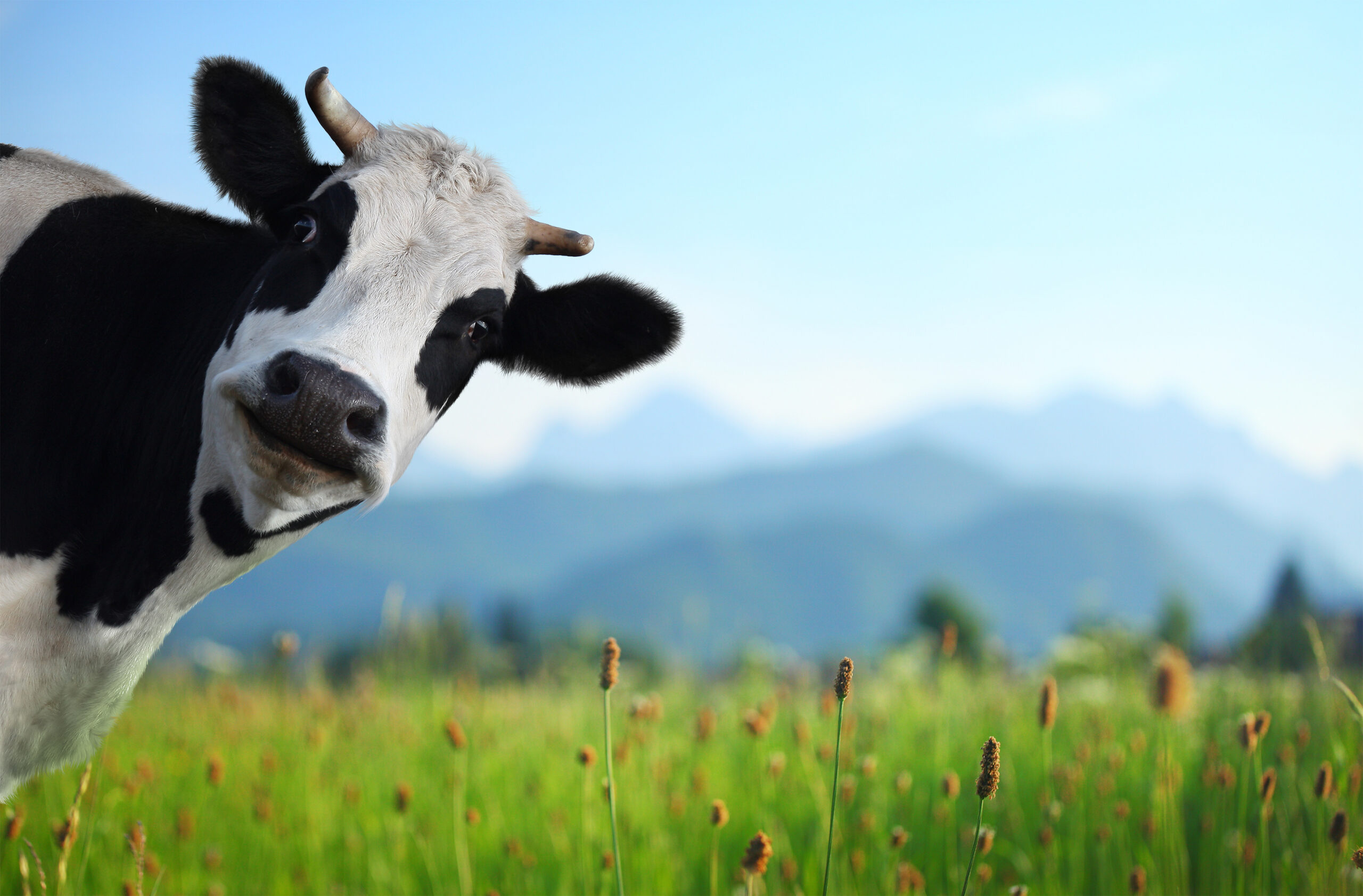Learn how to pass on more of your wealth to your heirs and pay less to the government before it's too late! Click here...
Address & Map
(602) 264 - 9331
CLIENT PORTAL
Address & Map
(602) 264-9331

Tips for Farmers and Farm Tax Returns
Bringing food to the plate matters. So those who toil hard to cultivate, grow and harvest this food, for the people, get some great tax benefits. Farmers like Greg and Beverly, who work hard on their farms to produce fresh food are entitled to some benefits. In fact, there are many tax benefits for people like Greg and Beverly, who are in the farming business. Farms include plantations, ranches, ranges and orchards, just to name a few. Farmers may raise livestock, poultry or fish, or grow fruits, trees, plants or vegetables.
Here are 10 things the IRS lists about farm income and expenses to help at tax time:
- Crop insurance proceeds.
Insurance payments from crop damage count as income. Generally, you should report these payments in the year you get them.
- Deductible farm expenses.
Farmers can deduct ordinary and necessary expenses they paid for their business. An ordinary expense is a common and accepted cost for that type of business. A necessary expense means a cost that is appropriate for that business.
- Employees and hired help.
You can deduct reasonable wages you paid to your full and part-time workers in the farm. You must withhold Social Security, Medicare and income taxes from their wages.
- Sale of items purchased for resale.
If you sold livestock or items that you bought for resale, you must report the sale. Your profit or loss is the difference between your sellingprice and your basis in the item. Basis is usually the cost of the item. Your cost may also include other amounts you paid such as sales tax and freight.
- Repayment of loans.
You can only deduct the interest you paid on a loan if the loan is used for your farming business. You can’t deduct interest you paid on a loan that you used for personal expenses.
- Weather-related sales.
Bad weather such as a drought or flood may force you to sell more livestock than you normally would in a year. If so, you may be able to delay reporting a gain from the sale of the extra animals.
- Net operating losses.
If your expenses are more than income for the year, you may have a net operating loss. You can carry that loss over to other years and deduct it. You may get a refund of part or all the income tax you paid in prior years. You may also be able to lower your tax in future years.
- Farm income averaging.
You may be able to average some or all the current year’s farm income by spreading it out over the past three years. This may lower your taxes if your farm income is high in the current year and low in one or more of the past three years. Farmers are the only ones allowed to average their income now.
- Fuel and road use.
You may be able to claim a tax credit or refund of excise taxes you paid on fuel used on your farm for farming purposes.
- Qualified Business Income Deduction.
The IRS gives you a deduction up to 20% of your profits just for being a business owner. Also, if you are a farmer or rancher forced to sell your livestock because of drought, flood, hurricane or other natural disaster, special IRS tax relief may help you.
For example, the IRS has extended the time to replace livestock that their owners were forced to sell due to drought. If you’re eligible, this may help you defer tax on any gains you got from the forced sales. The relief applies to all, or part of the states and Puerto Rico affected by the drought. The IRS has a list of which areas are affected on its website, www.irs.gov/
Here are several points, the IRS points out from their own tips that you should know about this relief:
Defer Tax on Drought Sales.
If the drought caused you to sell more livestock than usual, you may be able to defer tax on the extra gains from those sales.
Replacement Period.
You generally must replace the livestock within a four- year period to postpone the tax. The IRS can extend that period if the drought continues.
IRS Grants More Time.
The IRS has added one more year to the replacement period for eligible farmers and ranchers. The one-year extension of time generally applies to certain sales due to drought.
Livestock Sales that Apply.
If you are eligible, your gains on sales of livestock that you held for draft, dairy or breeding purposes apply.
Livestock Sales that Do Not Apply.
Sales of other livestock, such as those you raised for slaughter or held for sporting purposes and poultry, are not eligible for this type of relief.
Areas Eligible for Relief.
Check out IRS.gov to see which areas are currently affected.
Call today, don’t delay! See how this affects you. We can be reached at 602-264-9331 and on all social media under azmoneyguy.
Related Blog Posts
WHAT TO DO IF YOU WIN THE LOTTERY OR BIG IN VEGAS?
Learn how to pass on more of your wealth to your heirs and pay less to the government before it's too late! Click here...Address & Map(602) 264 - 9331CLIENT PORTALAddress & Map(602) 264-9331[DISPLAY_ULTIMATE_SOCIAL_ICONS] “Someday . . . if I win the...
Military Tax Benefits
Learn how to pass on more of your wealth to your heirs and pay less to the government before it's too late! Click here...Address & Map(602) 264 - 9331CLIENT PORTALAddress & Map(602) 264-9331[DISPLAY_ULTIMATE_SOCIAL_ICONS] You have sacrificed your youth,...
Casualty, Theft and Disaster Losses
Learn how to pass on more of your wealth to your heirs and pay less to the government before it's too late! Click here...Address & Map(602) 264 - 9331CLIENT PORTALAddress & Map(602) 264-9331[DISPLAY_ULTIMATE_SOCIAL_ICONS] Hurricanes Harvey, Irma, Jose...
Do You Owe The IRS?
Learn 5 Secrets The IRS Doesn’t Want You To Know.
Click on the button below to get FREE access to this exclusive content.
Get Expert Tax Advice from an expert
Mr. Hockensmith has been a guest newscaster for national and local TV stations in Phoenix since 1995, broadcasting financial and tax topics to the general pubic. He has written tax and accounting articles for both national and local newspapers and professional journals. He has been a public speaker nationally and locally on tax, accounting, financial planning and economics since 1992. He was a Disaster Reservist at the Federal Emergency Management Agency, for many years after his military service. He served as a Colonel with the US Army, retiring from military service after 36 years in 2008. Early in his accounting career, he was a Accountant and Consultant with Arthur Andersen CPA’s and Ernst & Young CPA’s.
Build strategies, build confidence, build your business.
We are ready to do business with you
Email: [email protected]
Tel: (602) 264-9331 (24x7)
Address:
3404 West Cheryl Drive
Suite A-170
Phoenix, AZ, 85051








